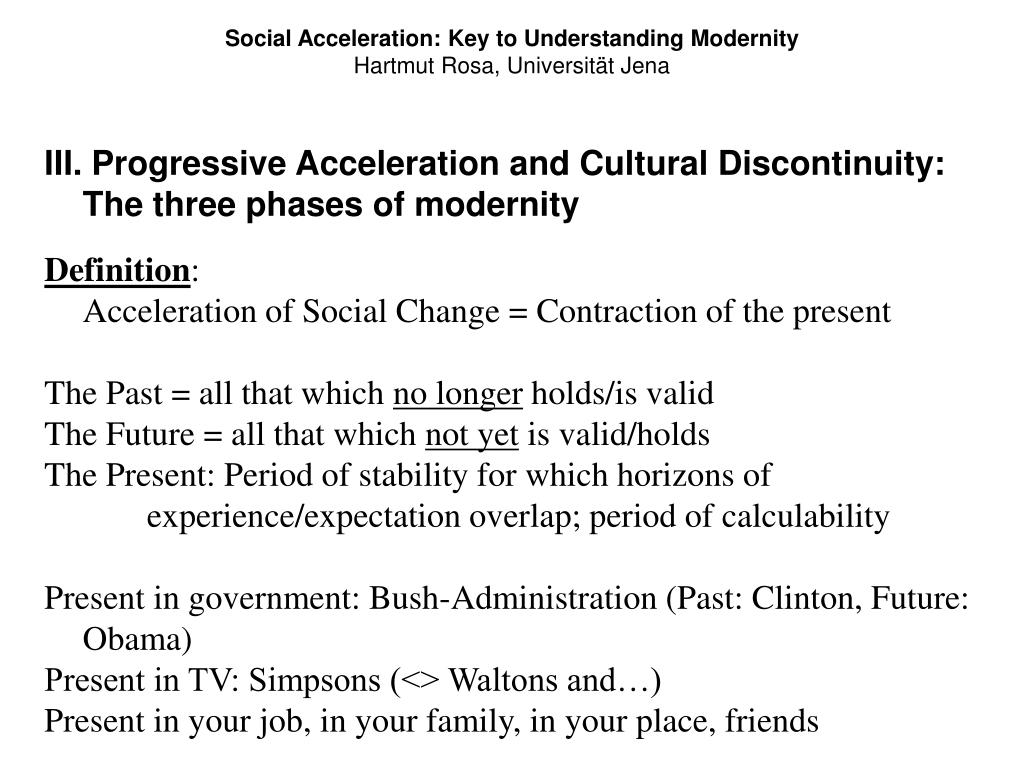


The Penumbra Unbound: The Neo-Taoist Philosophy of G uo Xiang. “Political Inertia and Social Acceleration.” Philosophy and Social Criticism 43.7: 707–723. Shanghai 上海: Huadong Shifan Daxue Chubanshe 華東師範大學出版社. The Protestant Ethic and the Spirit of Capitalism. Shanghai 上海: Dongfang Chuban Zhongxin 東方出版中心. Wei-Jin Neo-Daoism: Leisurely Living Hermits 魏晉玄學: 高蹈飄逸的閑適人生. Beijing 北京: Beijing Daxue Chubanshe 北京大學出版社. “Resonance and the Romantic Era: A Comment on Rosa’s Conception of the Good Life.” In The Good Life Beyond Growth, edited by Hartmut Rosa and Christoph Henning. Trying Not to Try: Ancient China, Modern Science and the Power of Spontaneity. Effortless Action: Wu-wei as a Conceptual Metaphor and Spiritual Ideal in Early China. “Europeans’ Work and Life-Out of Balance?” Time and Society 27.1: 3–39. “Learning from Chinese Philosophy.” In Encountering China, edited by Michael J. Cambridge, MA: Belknap Press of Harvard University Press. “Good Life Beyond Growth: An Introduction.” In The Good Life Beyond Growth, edited by Hartmut Rosa and Christoph Henning. “Available, Accessible, Attainable: The Mindset of Growth and the Resonance Conception of the Good Life.” In The Good Life Beyond Growth, edited by Hartmut Rosa and Christoph Henning. “Living in Times of Acceleration.” February 22. “Do We Really Live in a Acceleration Society?” January 16. “(Un)Making Subjects of Growth: Dynamic Stabilization and the Resonance Conception of Subjectivity.” January 9. “Hartmut Rosa-Social Acceleration.” March 7. “How Growth Enters our Imaginaries and How We May Get Rid of It.” September 4. Social Acceleration: A New Theory of Modernity. “Hartmut Rosa’s Project for Critical Theory.” Thesis Eleven 133.1: 122–129. Genuine Pretending: On the Philosophy of the Zhuangzi. “The Zhuangzi and You 游: Defining an Ideal Without Contradiction.” Dao 11.4: 479–496. In Chinese Text Project, edited by Donald Sturgeon. “Figuring Lateness in Modern German Culture.” New German Critique 42.2: 1–29. The History of China’s Economic Thought 中國經濟思想史. “Review of Social Acceleration by Hartmut Rosa.” Political Theory 44.1: 150–153. Der Duft der Zeit: Ein philosophischer Essay zur Kunst des Verweilens. Chuang-tzu: The Seven Inner Chapters and Other Writings from the Book of “Chuang-tzu.” London: Allen and Unwin. F u Peirong’s Explanations of the Zhuangzi 傅佩榮譯莊子. F u Peirong’s Explanations of the Laozi 傅佩榮譯老子. “From Present to Presentation: A Philosophical Critique of Hartmut Rosa’s ‘Situational Identity’.” Time and Society 28.3: 1061–1083.įu, Peirong 傅佩榮. “Satisfaction, Genuine Pretending, and Perfection.” In Encountering China, edited by Michael J. Shanghai 上海: Shanghai Renmin Chubanshe 上海人民出版社.ĭ’Ambrosio, Paul J. The Essence of Zhuangzi’s Philosophy 莊子哲學的精神. Beijing 北京: Shangwu Yinshuguan 商務印書館.Ĭhen, Yun 陳贇. Contemporary Annotation and Interpretation of the Laozi 老子今注今譯. “An Incomplete Dialectics? Rosa on the Good Life.” Thesis Eleven 146.1: 140–147.īauman, Zygmunt. I argue that they can serve to bolster Rosa’s view and provide a more active way to conceive of the good life through engagement with our social and natural environments.īlatterer, Harry.

Rosa’s solution is to develop a philosophical method for fostering what he calls “resonance.” In this article, I will introduce the Daoist notions of the “mechanical heart-mind,” “self-so,” “nonaction,” “knowing satisfaction,” and “rambling” as potential complements to Rosa’s concept of resonance. Unfortunately, however, the high-level instrumentalization that characterizes these changes led to feelings of alienation. Late modernity began with the promise to make the world more available, attainable, and accessible. Hartmut Rosa’s research has been extremely influential in promoting the view that modernity and late modernity are characterized by “speeding up,” or structural “dynamic stabilization.” More recently, Rosa has turned to describing the existential effects of living in late modernity, and the particular view of the good life it encourages.


 0 kommentar(er)
0 kommentar(er)
